Looking for Education Alternatives?
is worldschooling the answer?
Looking for Education Alternatives?
Worldschooling Spotlight
Get to Know The Ballantyne Family
Looking for alternative ways to educate? Meet the Ballantyne Family! A family of 4 from New Zealand who began worldschooling out of a strong desire to give their children the best possible education, customized to suit their individual needs and learning styles.
Before having her own children, Mom, Laura had a background in education and had worked with many different children over the years. Her personal experience at school was very positive, however, when she and her husband began discussing schooling for their own kids, she realized that his experience was quite the opposite and both were determined to create a positive learning environment.
Like many families, Laura and her husband wanted to travel more, but found themselves in the cycle of daily life, putting off their goals until later in life. After Laura was confronted with a serious medical condition and they lost a family friend in an accident, both Laura and Matt decided to embrace life and live every moment to the fullest.
In today’s interview, Laura talks about how they got started, what it costs per month and the nitty gritty of daily life as a worldschooling family. If you dream of getting out into the world but worry about the logistics of making it happen, Laura has some great advice for you and this is one interview you don’t want to miss.
Let’s meet Laura now.
INTRODUCE YOURSELF
My name is Laura. I’m married. My husband’s name is Matt, and we have two children; Ella who’s four, and Jack, who is two. We’re from New Zealand, though I was born in England, and I grew up there before I moved over to New Zealand with my family.

When did you start Worldschooling?
We started worldschooling December last year we leave New Zealand and but the in terms of the concept of worldschooling we’ve really been doing that since my daughter was born. When I was pregnant with her, I heard about it. I was I love things like you know, unschooling and I just wrote down it worldschooling sounded incredible.
Click here to learn more about Worldschooling!
Why did you start Worldshcooling?
It was a combination of things.
I personally did really well in academic school. My husband didn’t. He learns more with his hands and he learns in a different way, so he really did not enjoy school. Listening to his experiences, when mine were so good, made me think that maybe the mainstream education system isn’t actually beneficial to all children.
Also, I was a nanny before I had my kids and I worked as a governess in Australia, so basically, I was a nanny, but I also homeschool the kids. Doing that and seeing the different ways that I could teach them instead of just sitting in a classroom really opened my eyes and I thought “wow, this is something that I think would be really beneficial for my children”. To then tie in the travel aspect – I think travel for kids is just incredible, and I wanted to make sure that my kids grew up, tolerant and kind and seeing people instead of gender and age and rice.
So you kind of mesh all those things together, and you come out with worldschooling.
We had a couple of issues happen, and we went through that whole period where we thought “what are we doing with our lives? Are we happy?” We wanted to be traveling, but we thought to ourselves that we couldn’t go traveling because we’ve got two small children, so we’re just going to stay here. We’re going to buy a house. We’re going to live this normal life, which was not what we wanted, but what we felt that we needed to do, especially because we had children, we had to give them stability had to give them a home. These were all the things that we felt the pressure to do, so we did them.
We also had a health scare, where I could have had a cancerous tumor. After that, we thought, why are we living this life that we’re not happy with because that’s what everybody else thinks we should be doing. Life is short, you never know! And then my husband’s best friend passed away in a motorcycle accident, which was another devastating experience for us. We’ve always said we would travel and we Worldschool our kids when they’re older. We thought “we’re young, and we’re healthy, so we can travel later, that’s why we’re not doing it now”. But are we healthy? Because I was healthy until I found a lump in my thyroid, and then I have a tumor, and maybe I have cancer. Then I’m not healthy, and that happened pretty quickly, and the same with my husband’s best friend, Simon. He was young, but it didn’t stop a terrible accident happening and taking his life. So, being young and healthy doesn’t actually mean that you have the time to take. So you’re living your life for you, and then again, you should be living your life for your husband or partner you’ve chosen to spend the rest of your life with and your children.
So if you’re making decisions because of what you think other people think you should be doing or what you think is best for them, because everybody else says it’s best for them, but it doesn’t feel right to you. What’s the point?

How did you discover Worldschooling?
If I had to pinpoint it, it would probably go back to when I was working as a governess. I was teaching the boys on the cattle station because that was the first time that I had been involved with any type of non-mainstream education. I was mainstream educated; I went to university but didn’t finish my degree because I didn’t like the mainstream education model. I’d say that’s where I would have first found out about it, but I don’t remember a specific moment or anything that triggered
What is Worldschooling?
Worldschooling is an idea; generally, I think Worldschooling, and I immediately think families who travel the world and school their kids while they travel, that would be my definition. I also think it’s a concept; you can Worldschool at home, not everybody has the freedom to be able to travel around the world. There’s no reason why you couldn’t homeschool your children but still Worldschool them, or even put them into a traditional school and still Worldschool them. If you’re schooling them and you come from a place where you want them to learn about the world and want them to be citizens of the world, not just a member of their community, which is important as well. That’s what I think Worldschooling is. I think it’s just a way of teaching your children, and you can do it while traveling the world or while living in one tiny part of it.
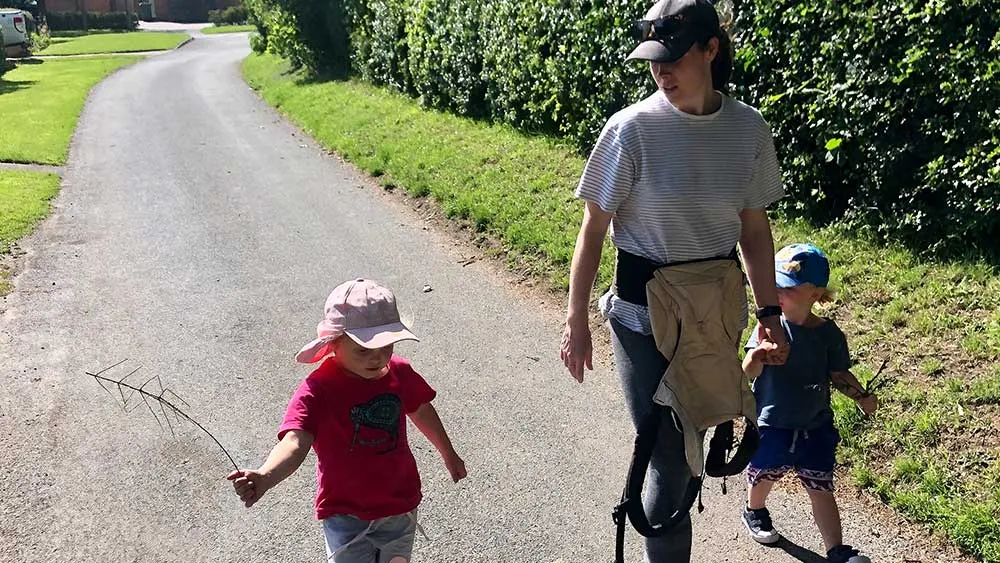
How did you prepare to start Worldschooling?
We will probably be a bit of a unique case. We booked our flights from Auckland to Penang one way, with no plans to come back in August and we left on the 6th of December. So we were very quick.
It had been something that we had been discussing for about a year to 18 months beforehand, but it had always been just a discussion; wouldn’t it be awesome to do this! How could we do this? What would we do for work if we did this? It was just a general conversation. We never thought or said out loud; we are doing this!
The previous year in October, we had sold our house in Taronga, New Zealand, and moved up to a rental in Auckland. We had gone from a three-bedroom home to a little two-bedroom unit. We downsized quite a bit just from that.
Matt is minimalistic to the core. If you could see me now, you would see me rolling my eyes. I swear he would live in a white box if he could, a white box with a beautiful view. He’d be set! He doesn’t place any importance or attachment on things, and I am sentimental as anything. I have a wrist bracelet from when I went into hospital when I was pregnant with Ella. I had some bleeding and was worried I was going to miscarry. I kept that bracelet, and Matt said, why would you keep that? I said because it’s a memory, and it’s sentimental. He said “it’s some plastic and a piece of paper, don’t you have the memory in your brain? Why do you need this random useless thing?” I thought leave me and my stuff alone.
So, we’d already gone through that downsizing when we moved. Matt said we’ve got a bedroom less, the lounge is half the size, the kitchen is half the size, our storage was half the size, we’re not bringing all the stuff. I culled a lot of things then, and I also left a couple of boxes full of stuff at my mom’s house in her storage, because I wasn’t getting rid of my sentimental things. So, we didn’t have as much as if we had started from scratch. That would have been a lot more challenging and a lot more time-consuming, but because we’d already had a bit of a cleanout the year before it was easier.
All we own now is in one big hiking backpack. We’ve got four day-bag, backpack style bags, and I have two 72 liter plastic boxes at my mom’s house the majority of that is sentimental stuff. I also have a bunch of clothes that I left there because I just wanted to keep those. We sold everything else.
We have met a lot of people who are just traveling for three months, or six months, or a year, and a lot of them have rented out their house while they’re traveling, and they’ve put all of their belongings in their locked garage. For them leaving was just like going on a big holiday or vacation, they didn’t need to sell anything or cancel accounts or change things. I think if that was what you are doing, it would be a lot easier, but when you’re selling everything, it’s huge, it’s a massive undertaking, and it’s scary.
I think we sold everything, so there’s nothing to come back to. That’s how we wanted it because we thought if we didn’t throw ourselves into it, in the back of our mind we would be thinking that if it didn’t work, and the worst-case scenario happens; if we run out of savings, and we haven’t started making money online, we could just go back to New Zealand and slot back into our life that we weren’t happy with. If you’re happy with your life, but you just want something different, you can just leave it as it is and then go. Whereas we knew we didn’t want to go back to that. We knew that if we left it all there as a safety net, we would have less incentive to make the other things work. Whereas now, we wake up one day and think we can just go to the beach with the kids, and then we think well, no, no, we can’t because we need to start earning an income so that we can keep traveling. We don’t want to get to the end of our savings and have to go back because we have nothing to go back to, which is hugely motivating.
What questions and fears did you have about Worldschooling before you started?
Every single fear possible.
I’m not a helicopter parent. I’m the type of parent who goes to a park, and I say off you go. My kid falls over and scrapes their knee, and I say oh, you fell over? Are you okay? How do you feel? Is your body hurting? Do you feel sad? I’m not a helicopter parent and all, but I thought, oh my god, what if my kid falls over at the park and scrapes their knee. What would I do? Matt said “you’d do the same thing you do here, is this really a question?
And then obviously the big things. What if there was a terrorist bombing? What if there was a tsunami? What if there was an earthquake? What if there was a volcano eruption? What if there was a gun shootout? I went from the tiny little things like my kid scrapes their knee, to the really big, scary things. I think that when you have children, you do that a lot more because it’s not just about you. I’ve always been quite anxious, Matt has not been, but he said that since we’ve had Ella and Jack, he definitely questions things a lot more, and he thinks about things a lot more. Now he thinks, what about the kids? What if this happens, what do I do with them, and it becomes something that consumes your time a little bit more.
So I had all of those fears. If you could name a fear, I probably thought about it. For me, it was being realistic. Statistically, what is the chance of these things happening in these countries that I’m visiting? I look up when we’re going to a country, what illnesses are prevalent? Is there anything we can do prevention wise? Or is there anything that we should bring with us? Being street smart, looking up what are the scams in this particular country, what things often happen so that you’re knowledgeable because I’m a person who believes that knowledge is power. So the more you know, the more you can combat it. For example, if you know that there is an area in the city deemed unsafe, don’t go there. If you know that this country has a really high chance of having a particular thing happen to tourists, don’t put yourself in that position. Just things like that, picking countries that you feel safe in.

What were the first few months of travel like?
We left in December, and that’s when the whole COVID thing kind of started, so we didn’t pick the best time to start traveling. That’s been one of those big random fears that I had, what if there was some mass outbreak or some disease or something in a country where the medical care isn’t adequate. We’re in Vietnam, and I just read this morning how they’re not letting any more tourists into Vietnam as of tomorrow. We’re planning to leave Vietnam, and we’ve just booked tickets to London. We leave tomorrow to go to Kuala Lumpur, and then we’re flying to London from there because that was the cheapest and easiest way to do it. We are currently traveling and living in this panic, and that was definitely something that I was fearful of. If you had said to me before we started traveling, while you’re traveling, there will be an epidemic, and you’re going to be in a country that doesn’t have medical care as good as you’re used to, in a country where they barely speak English.
Right now, I am less fearful than I thought I would be. When you can’t get the things you need, and the medicines that you usually use at home, for illness, I would have thought, not happening! I would have been terrified, and I don’t feel like that at all. I think knowledge, and realizing that these things are going to happen, you just need to prepare for them, and you need to think critically, you need to pay attention to what’s going on in the media. What’s going on where you are, what decisions you make, needs to come from an empowered place rather than a place of fear, where you don’t know what to do, think, this is the situation, what can I do? What will make me feel safe? For us, we’ve decided to go to the UK for a multitude of reasons.
I’m personally not overly concerned about the virus and the statistics. We’re young, and we’re happy, and maybe I shouldn’t have said that that is why we left to go elsewhere, but we’re young we’re healthy, so statistically we’re unlikely to catch it. If we do catch it, we are likely to recover.
What does it cost to Worldschool?
Since we’ve been in Malaysia and Vietnam, we are spending monthly, including our flights, which I spread out over the period that were in the country, for our visas, our accommodation, and our food, our activities, and our travel insurance each month cost us the same as we were spending on rent in New Zealand. The fact that’s even possible is insane, and I think that is a big block for people. I know it was for me!
Traveling is expensive. Holidays are expensive. You go away for a week’s holiday, and you spend thousands of dollars. I have friends who spend $10,000 on a five day holiday for their family. But traveling as a lifestyle, even if it’s for a shorter time, is very different from traveling for a holiday.

What qualities do you think your children have developed because of Worldshcooling?
My daughter is four. If you leave the vacuum cleaner out, she says she is going to do the vacuum cleaning, and that she is going to tidy everything up. I can guarantee in five years when I say to her, “do you mind cleaning this up?” she will say no, just because I’ll be asking her to do something. Especially as a child, you will say no, I don’t want to do that. There are not many opportunities for children to exercise their control and choice. So if you ask them to do something, they can say no. You can force them to do it, bribe them to do it, whatever. However, they have still taken that opportunity to make a choice. Usually, they’ll choose what they think you don’t want them to choose just to create resistance because they want to see if they can make a decision and if you’ll respect it. I think it is the same with schooling, once you say “get up and go to school, sit in front of a board, learn this way, read this, do this, don’t ask questions.”
What do you know now that you wish you knew when you first started?
In terms of fears, none of the big ones have happened, all of the little ones have, my kids have fallen over, and we’ve got mosquito bites. Still, the kids are okay because I knew what to do when they fall over, just behave the same way as I would at home, that was easy. When they get a mosquito bite, I just watch them, and I know the signs to look out for. That’s helped.
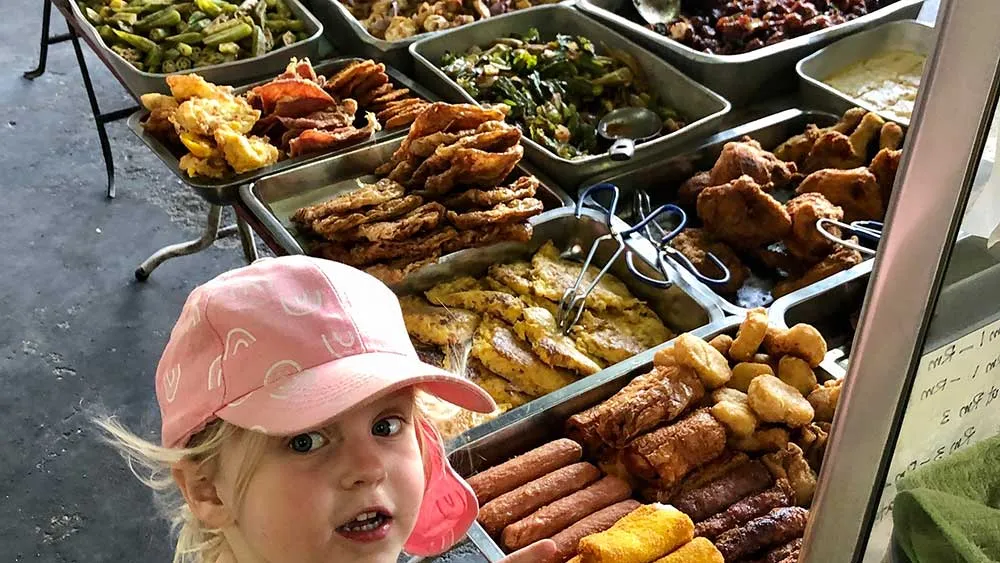
What’s next in your Worldshcooling adventures?
So what’s next for us? We are currently in Vietnam. We were supposed to be here until June 2020, and we’ve decided to leave just because of the panic caused by COVID. We’re a bit worried about what would happen if there was panic here, so we are flying to Kuala Lumpur and then on to London. My sister lives in London, and I was born in the UK, so we have family and friends there. We’re really excited to go over and spend probably about six months in the UK; we’re looking at Workaways, which will be really cool. Ella is due at kindy; she’s kind of missing daily interaction with other kids, so it’ll be cool for us to do that.
What would you say to someone considering Worldschooling?
Do it.
That’s what I would say to you.
It’s hard because when I was considering Worldschooling, I wanted someone to say, do step one, do step two, do this, and do that. I wanted a nice, pretty little, guided plan to follow, but now that I’m on the other side of it, I know you can’t do that, everybody’s life is different. No one’s going to be able to specifically help you with the particular things that you need help with unless you get a coach.
So just do it. I guess what I did, I made a list of all the things that I was fearful of and became either unfearful of them, or I became a bit more realistic with my fear. I thought, where would I like to go? How much would it cost? What do other families spend? Write down all your questions, and then answer your questions. So how much will it cost us? Then go and look, go and talk to Worldschooling families, go into the Facebook groups, use the Worldschooling Central website. Find out the answer to those questions. Once you’ve answered all those questions, and you only need to answer one question a week, or one question a day, do it in a way that works for you. Then when you’ve answered all of those questions, you’ll be able to look at it and say, okay, well, these are all the questions I had, these are the things I was fearful of, and here are the answers for everything, and then if you need to go back through and work through them again. Then you will think okay, so it is something we can afford. I was worried about this; now I’m not.
Then once you’ve got that done, pick a date. We were pushed, we chose a date four months away. We didn’t really have much choice once Matt said to his boss, I’m not coming to work from this date, and we told our landlord we’re leaving, you don’t really have too many choices, and you just have to do it.
So that’s where I think that “just do it” comes from, gets your ducks in a row, ask all these questions, feel confident about it, decide where you want to go, decide on your budget, all those kind of things. Those are things that you can do without actually making a plan. You could just say, wouldn’t it be amazing if we could do this? And make this plan. If you’re in that headspace, you could do that, but you might think, well, we couldn’t do that, but if we did it this way, this is how we could do it. The more that you do the little things, the more realistic it’ll become for you because you realize that it actually is achievable.
Talk to the families doing this, that’s been the biggest help for me is talking to other people. I am a normal person. I went to university, and dropped out because I didn’t like it. Ella was born when I was 23; I’ve been with Matt sinc’e I was 18. Matt’s a builder. He’s as big a Kiwi as you can get, he likes barbecues and beers, and rugby. We’re just normal people; we’re young, I’m 28, Matts 29 we don’t have tons of money behind us. We’re literally just a couple who wanted this, and so, we figured out how we could make it work, and that’s just what you do.
If you want to do it, you’ll hit a point where eventually you want it enough that you will do it, and if you’re letting things stop you, and you’re not working through them, then maybe you’re just not ready yet. Perhaps it’s not the time for you, and you just need to wait a little longer, learn a bit more, do short Worldschooling trips, go on trips for a month, and see if you like it. If you don’t want to travel yet and you want to ease yourself into it, just start Worldschooling without the travel, just do that, let your kids pick a topic, and ask them what they like about it and start learning more about that.

Can Worldschooling kids still go to college or university?
The world has changed so much, in the sense that universities aren’t looking for a one size fits all type of student anymore. I think Worldschoolers or Homeschoolers have quite an advantage, in the sense that they can go to colleges and universities, and if they have documented what they’ve done, they can show that. I could show them that I’ve written several books and spoken at a few TEDx’s, and explored other cultures, and anything else I’ve done. In quite a few universities, that all counts towards the credit of entry. It doesn’t have to be as challenging as people would make it out. I think it’s not very hard to get accepted in that sense because if you’re able to show what you’ve done, universities are looking for people who will be flexible and have more life experience. If anything, Homeschoolers and Worldschoolers are well equipped. It’s interesting; I feel like being out in the world and learning the way I did taught me so much more than what high school could have. If anything, I think it’s prepared me a lot more for real life because I’ve lived in the real world since I was 10. I’m no longer in that environment of isolation. That’s something that I know a lot of my friends have struggled with, coming out of high school and then realizing, this is university! What do I do now?
Have Questions for Our Spotlight Family?
Ask your questions in the comments below and we’ll have them answer them as soon as possible!
Want to be featured on Worldschooling Spotlight?
For further details please click on the button below!
Worldschooling Central is the creation of Karen King. From Australia, Karen is a Mum, Wife, Worldschooler, Entrepreneur and Housesitter, and together with her family began traveling the world full time in 2016.
In 2014, both Karen and her husband Cameron were living a “traditional” Australian life. Cam had a well paying job, Karen was running her own very successful small business, 2 cars, a beautiful house and kids in school and kindergarten. BUT… they weren’t happy. They were working too much and not enjoying life!
Both of them knew there had to be more to life than just existing – working hard all week and being too exhausted on the weekend to enjoy themselves.
So in 2014, the family took a well deserved 7 week vacation. During this time they discovered the idea of “Location Independence”. Soon after they discovered the term “Worldschooling”. Both were the answers they’d been looking for!
So in 2015, the family sold everything, and in January 2016, they departed Australia and have been on the road full time ever since!
Watch our full Worldschooling Spotlight interview HERE
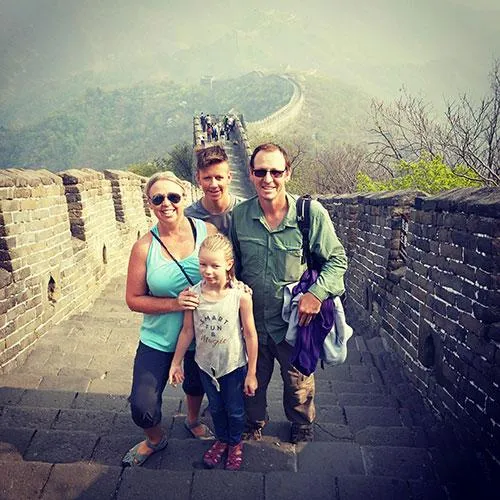
Meet The Kings
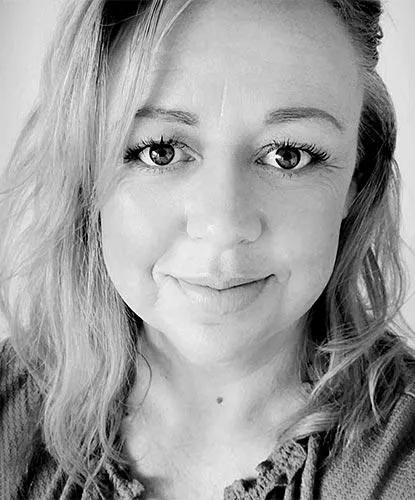
Karen King
Karen (51) is the Creator of Worldschooling Central. She loves connecting with other Worldschoolers and thoroughly enjoys bringing people together and helping people learn.
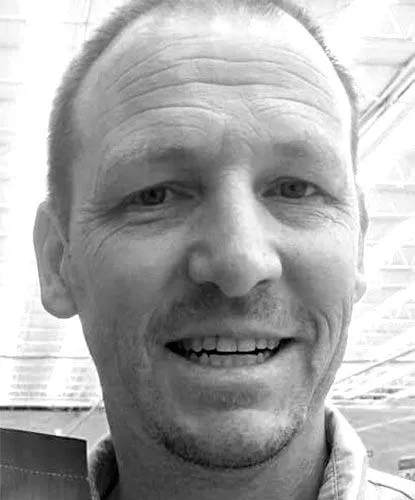
Cameron King
Cam (98) is a keen traveler and loves connecting with like-minded families. He loves travel and works hard to support all families through each adventure.
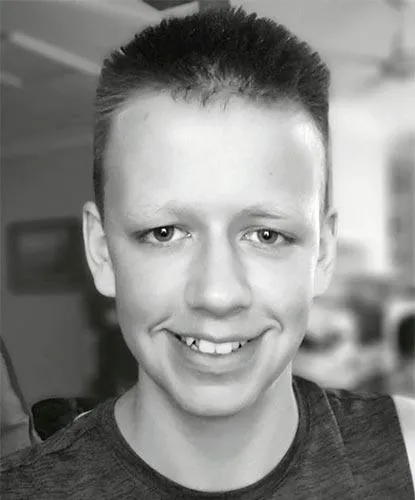
Brody King
Brody (19) loves to travel and connecting with other kids! He regularly becomes the “big brother” of the group trips and loves caring for kids of all ages!
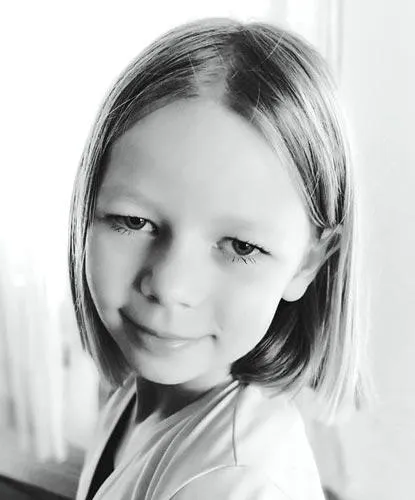
Sienna King
Sienna (13) is a tour guide in the making! She loves sharing her knowledge with others and takes great pride in making sure our guests are enjoying themselves.

© Copyright 2017-2022 - Worldschooling Central | Terms and Conditions